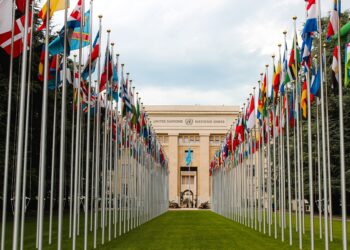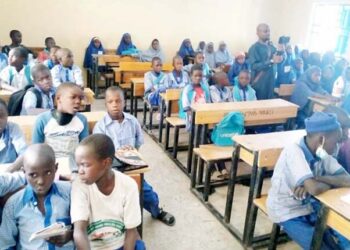The Adamawa State government has approved the disbursement of N500 million for the procurement of agricultural inputs geared towards boosting dry season activities in the state.
This announcement was made by the Commissioner for Agriculture, Prof. David Jatau, in an interview today.
Highlighting the proactive measures taken by the state government, Prof. Jatau emphasized the importance of ensuring that smallholder farmers have access to essential commodities, thereby enhancing productivity and fortifying food security in the country.
The fund approval
- Governor Ahmadu Fintiri, according to Jatau, has approved a substantial budget of over N500 million specifically designated for the procurement of dry-season farming inputs.
- The acquired resources include fertilizers, herbicides, improved seeds, and various other essential inputs.
- These items are expected to be distributed soon, with a strategic focus on facilitating access for farmers at the grassroots level.
- To ensure effective utilization, Jatau mentioned that the distribution would be organized through clusters.
- Furthermore, the state government plans to conduct evaluations and monitoring of the inputs to assess their impact on improving agricultural productivity.
The Commissioner issued a stern warning against any attempt to divert the allocated commodities and urged farmers to use them judiciously to enhance their production output. He also expressed appreciation to the Federal Government and development partners for their valuable agricultural interventions in the state.
Jatau concluded by urging all stakeholders to actively contribute to the success of the agricultural programs, emphasizing the collective effort required to achieve the goals set for enhancing the agricultural sector in Adamawa State.
Why it matters
- The initiative underscores a proactive approach to food security in the state.
- Based on the 2023 report from the United Nations for the Coordination of Humanitarian Affairs, the current number of food insecure in Adamawa state is 810,133.
- 4.3 million people are worst hit by food insecurity in Borno, Yobe and Adamawa while $470 million funding is required to solve the crisis.
- Food insecurity has been worsened by high inflation, humanitarian budget costs, and an increase in the number of people who need assistance.


























My land location in geriyo Yola irrigation farm the size of the land is one hectare.
Thank you for everything he done for us